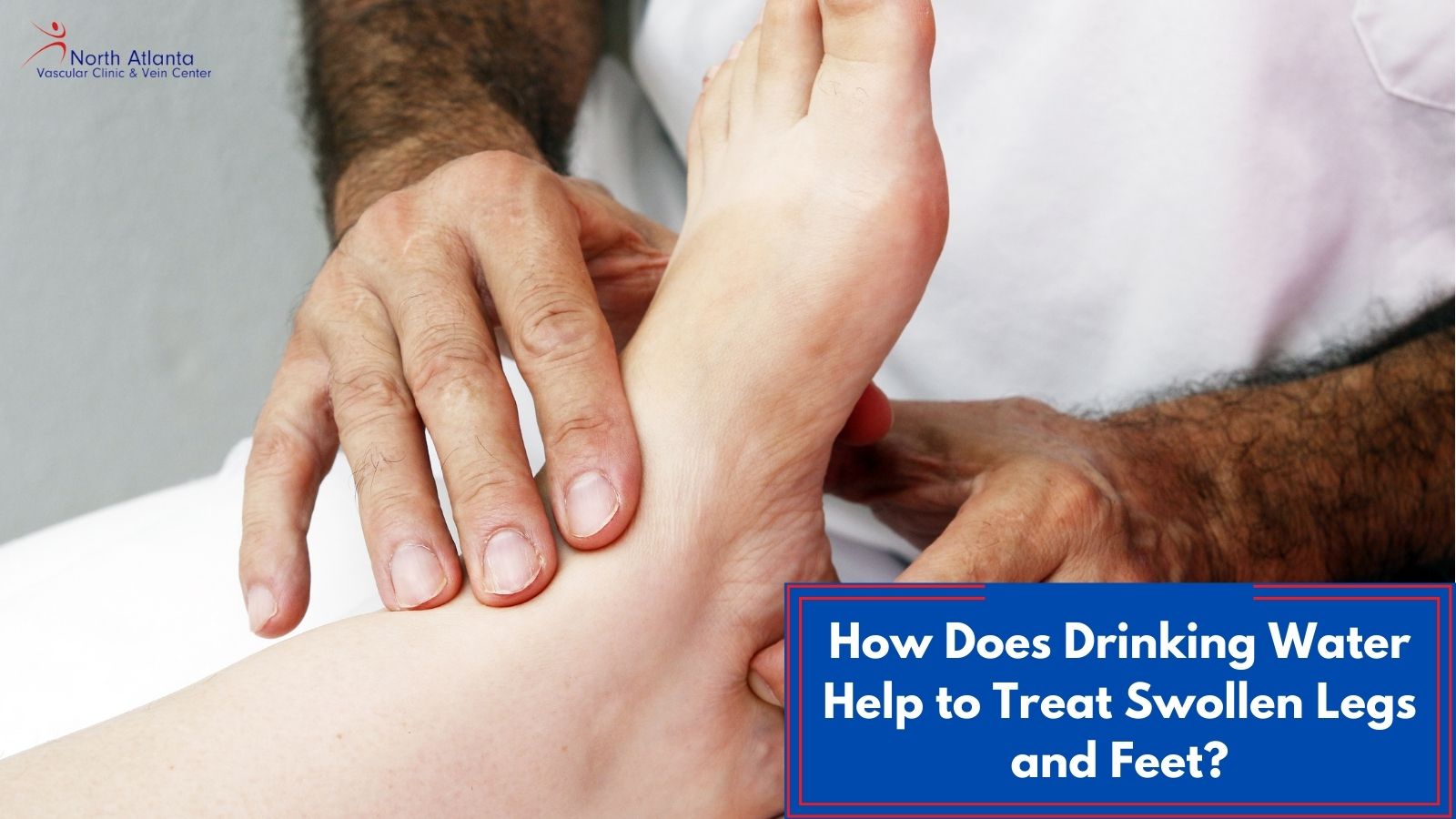



Swelling caused by fluid retention is medically known as edema. Though it can affect any part of the body, it is mostly seen in the feet, hands, arms, legs, and ankles. Swollen legs and feet can be caused by some medications and underlying medical conditions, including venous insufficiency. Although prescription medications and creams can treat edema, it is essential to drink enough water.
When your body is not hydrated enough, it holds onto the fluid it already has to make up for the lack of incoming water, thus contributing to swelling. Additionally, drinking more water help improves your kidney function. You can also eat vegetables and fresh fruits to increase fluids in your body.
Edema occurs when the small blood vessels in the body leak water and build up in surrounding tissues. As a result, the kidneys retain more water and sodium. In such circumstances, you should limit the intake of sodium foods and beverages.
Medications that may cause edema include:
Medical conditions that might result in edema are:
Edema affects women more than men. About 7 out of 10 women have edema. Taking birth control pills and pregnancy-related hormonal issues makes women more susceptible to venous insufficiency, leading to edema.
Follow these tips to get rid of swelling-caused leg pain:
While reducing the pain, these tips can treat temporary or mild edema. However, you should seek immediate medical care if your edema suddenly gets worse or causes any of the symptoms mentioned below.:
If you or any of your loved ones are showing any noticeable signs of edema, you are advised to consult your doctor at the earliest. If you are looking for the best Atlanta vein specialist for treating your swollen legs and feet, Book Appointment at North Atlanta Vascular Clinic today.